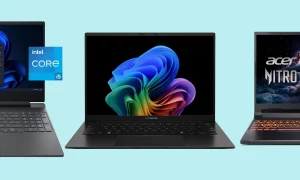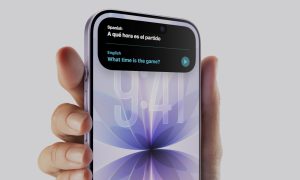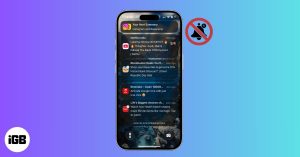5 Reasons Why a VPN Service Is Worth It
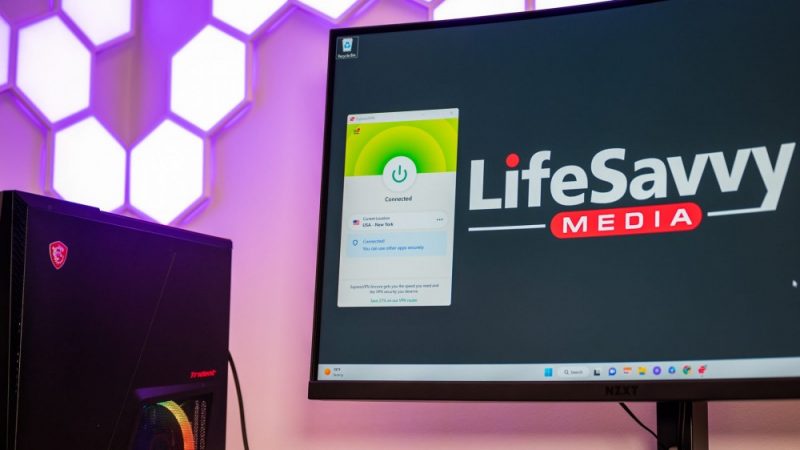
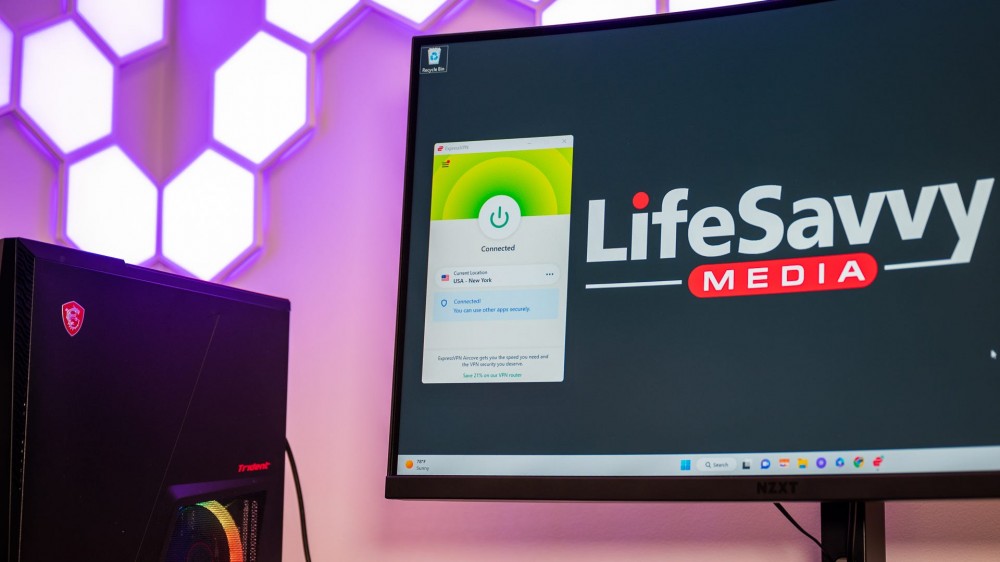
A VPN service may seem like just another frivolous subscription, like your video streaming services or a meal delivery service. On the contrary, a VPN service is a worthwhile investment, especially if you spend a lot of time using public Wi-Fi, experience slow internet speeds, or just want to avoid targeted advertising.
Protect Yourself on Public Wi-Fi
Unblock Geo-Restricted Content
Keep Your ISP from Violating Your Privacy
Prevent Bandwidth Throttling
For Extra Privacy From Everyone
Protect Yourself on Public Wi-Fi
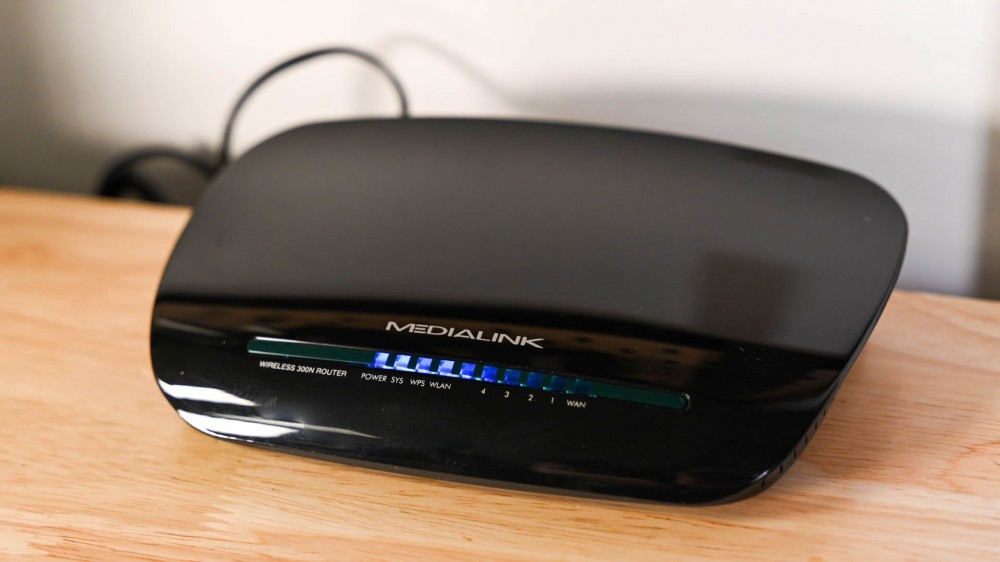
Public Wi-Fi networks are notoriously vulnerable to hackers. Not only can a hacker target other people on a public network, but they can create their own fake public Wi-Fi networks that look legitimate.
If you’re in an airport, a hotel, a college, or a library, it’s often easy to tell which public network belongs to a company and is safer to connect to—but not always. Modern hacks can be very sophisticated, and even an amateur hacker can name their network “Starbucks” or “Guest-WiFi” to fool someone. Rather than scrutinizing every public Wi-Fi network, you can use a VPN service to ensure your data is always encrypted and safe.
When you use a VPN service in conjunction with a public Wi-Fi network, it appears as though your data is coming from the server you’re connected to rather than your device. Your unique IP address for your smartphone, tablet, or laptop is hidden, and it’s much more difficult for a hacker to identify the source of the data. Then, even if a hacker is able to gain access to your data, it’s so encrypted that it’s nearly impossible to understand or use for malicious purposes.
Many VPN services also come with a kill switch feature. When the kill switch feature is enabled, your internet access will temporarily shut down if your VPN connection drops out. This ensures that your data is never out in the open, and that you can get your VPN turned back on before reconnecting to the internet.
Unblock Geo-Restricted Content
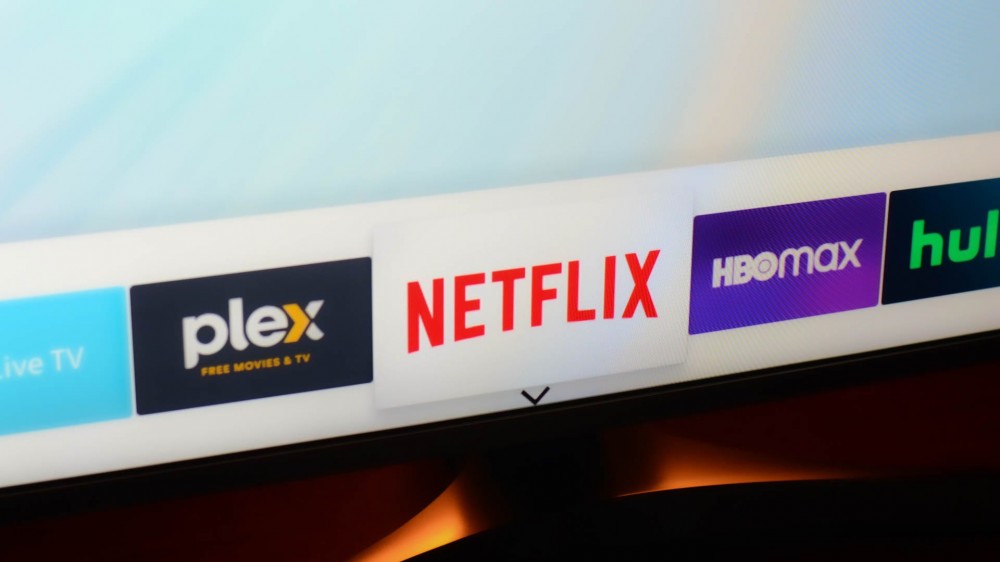
When you log into Netflix, Hulu, HBO Max, and other streaming services, you see the content that’s currently available in your home country. As an example, the TV shows and movies you’ll find in a streaming service in the US won’t always match the content offered in the UK.
Sometimes, there may be a TV show that’s available on Netflix in one country and Hulu in another. If you pay for a Netflix subscription and a VPN service, you can use those two together to access said content rather than paying for a Hulu subscription. A remote VPN server can give you access to free local programming or local sports games, which can also be useful if you’re traveling outside your home country.
Using a VPN service lets you bypass geo-restrictions because it makes your device look like it’s in the country you want to watch content in. VPN service providers have servers located in multiple countries around the world, but not always the same countries. If you know you want to connect to a server in the UK or Australia, verify that the VPN service you’re looking at has servers in those countries.
While it’s not illegal to use a VPN service to spoof your location and access geo-restricted content from Hulu or Netflix, the streaming service knows that you’re using a VPN. Some streaming services, like Netflix, are trying to crack down on VPN usage and will cut access to content if it detects you using a VPN service. This doesn’t always happen, but it’s worth noting that a VPN service can and does work for most streaming services right now, but it might not always work.
Spoofing your location can also help you save money on flight tickets, hotel stays, or other online shopping outlets. Prices often change depending on your current location, and a VPN server also hides your search data from travel companies and others who may boost the price of your flight, hotel, or rental car after your initial searches.
Keep Your ISP from Violating Your Privacy
Your Internet Service Provider (ISP), at least in the US, is legally allowed to track and sell your private browsing data. Using a VPN service hides your private browsing habits from your ISP, making your data unsellable.
Your ISP may know that you’re using a VPN, and it can still track your data usage when a VPN is enabled. So, you can’t use a VPN to get around your ISP’s data cap, but it will keep your nosy ISP from collecting and selling data.
That said, some VPN service providers are guilty of collecting user data and selling it—this information is supposed to be disclosed to customers, but it isn’t always. For this reason, you should find a VPN provider with a no-logs policy and check that it’s independently audited by a privacy group.
Prevent Bandwidth Throttling

In addition to collecting your data for sale, ISPs also throttle users’ bandwidth, reducing their overall internet speed. Throttling is often performed for legitimate purposes, as it prevents network congestion. Your speeds could slow down when you use a certain amount of data in a pay period.
But ISPs often throttle your connection for arbitrary reasons. You might experience throttling with certain streaming services due to behind-the-scenes contracts, or with torrenting because of its association with piracy. Because your VPN service hides your activity, this arbitrary throttling is less of a concern.
Regardless of how your ISP limits your internet speed, using a VPN service can help. With a VPN turned on, your ISP can see when you’re online and how much data you’re using, but not what exactly you’re doing. Your activity is encrypted, so your ISP isn’t able to target any one specific activity and throttle it. This can make downloading files, streaming content, or playing games a faster, more enjoyable experience.
If you choose a VPN server that’s relatively close to you, or at least in the same country, you may enjoy faster internet speeds when using certain websites or services. Many VPNs also feature adblockers that can speed up webpage loading times.
That said, a VPN service also has the potential to decrease your internet speeds. If you connect to a VPN server that’s really far away or way too busy, you may experience a noticeable drop in speed—in some situations, this may be a fair trade for privacy.
You can perform speed tests to see whether using a VPN service is better or worse for your internet speed. However, some ISPs remove throttling when they notice running a speed test, so it may be difficult to prove you’re being throttled and get an accurate speed rating.
For Extra Privacy From Everyone
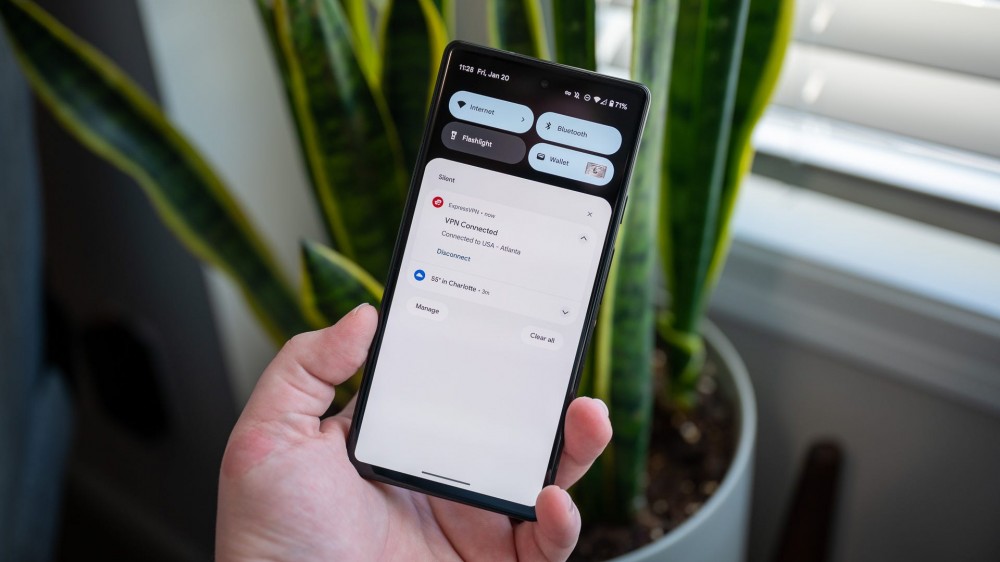
One of the biggest reasons people invest in a VPN service is for the extra security and privacy it provides. Whether you’re at a coffee shop using a public Wi-Fi network or you’re doing some online shopping at home, your data is sent through an encrypted tunnel when using a VPN service.
VPN service providers use several encryption protocols to achieve the same goal, but all VPN services encrypt your data in some way, send it to the remote VPN server, decrypt it, and then encrypt it again before sending it back to your device. This doesn’t completely eliminate the chances of someone gaining access to your data, but it does make your data more difficult to decrypt, understand, and maliciously use.
Additionally, a VPN prevents websites from tying your browsing history to your identity. With a VPN, you can shop around in peace, whether it’s for a new pair of boots, an Airbnb getaway, or a meal subscription service, all without seeing ads for these services later. (Beware, if you’re logged into a website when using a VPN, that particular website can still identify you based on your login details).
A VPN can even hide your data from the government. That said, a government may subpoena a VPN service to retrieve data, which is one reason why a VPN service with a no-logs policy is ideal. A VPN service that’s based in a country outside of the Fourteen Eyes Alliance can provide extra protection. This includes countries like Switzerland, Romania, Iceland, and Panama.




